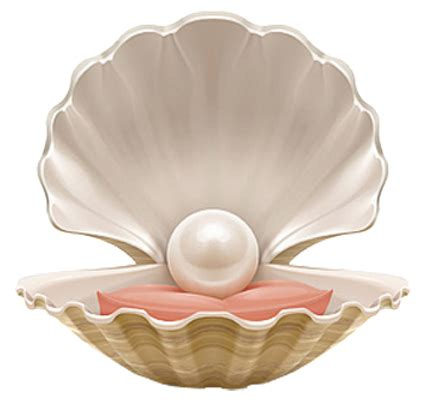The Hard Sayings: Matthew 13:45-46
"Again, the kingdom of heaven is like a merchant looking for fine pearls. When he found one of great value, he went away and sold everything he had and bought it."
This article is part of a series explaining the sayings of Jesus that are hard to understand. To see a list of these verses, go to this page.
This verse is part of Jesus's explanation of the Parable of the Weeds. He told this little tale to his apostles after they went into a house and asked him to explain the weeds parable. It follows the previous hard verse, which is also a comparison with the “kingdom of heaven.” The earlier comparison was between a treasure and the kingdom, which is an easy analogy because we see heaven as valuable. The analogy here is between a man and the kingdom. This is a more difficult comparison. How can a man be like a kingdom?
The previous article discussed how Jesus played with the verb tenses to make a subtle point about who these analogies are meant for. Here, he continues playing with one verb’s tense.
Below is Jesus’s parable given in a modern Biblical translation of Matthew 13:44-45:
NIV: Again, the kingdom of heaven is like a merchant looking for fine pearls. NIV: When he found one of great value, he went away and sold everything he had and bought it.
The words in boldface are those that need explanation.
The Kingdom
The phrase "the kingdom of heaven" is one of Jesus’s most common catchphrases (see this article). He uses it in over a hundred verses. The word translated as “kingdom” means “realm” but it also means the office of “kingship” itself which comes into play here. In Greek, this phrase is literally, “the realm of the skies.”
In Jesus’s era, people had no concept of “heaven” as we do today. It was never part of the Jewish religion. “The skies” were the highest things that people could see. This made it a physical representation for the highest states of being. Why is “the skies” plural? Partly to prevent confusion with the Greek sky god, Uranus, whose name is the singular “sky.” Jesus might also mean all our earthly skies, “sunny,” “cloudy,” starry,” etc. Or he might mean more than just the “sky” we can see. The "realm of the skies" can be understood as a description of higher realities. Jesus equates these dimensions with “the Divine,” using the realm of the skies and the realm of the Divine somewhat interchangeably.
This realm is not compared to the pearl here, but the “merchant,” a person. The Greek word translated as “merchant” means something closer to “trader.” It has a strong sense of one who goes on board a ship and travels as he trades, not someone who just buys and sells. This word also describes the apostles and Jesus because they travel around as well. This traveler is compared with the highest state of being for man, a kingship of the sky.
The word translated as "fine" is the word usually translated as "good" when contrasted against "evil," but it primarily means "noble" and "beautiful." See this article on "good". Jesus employed pearls as a symbol for wisdom as we use it today in idioms such as "pearls of wisdom.” Jesus utilized it only a few times. “Wisdom” was the gift that Solomon sought from God. When Solomon asked for wisdom, he specifically asked for the ability to discern between good and evil. He too was searching for good pearls.
The rest of this article is reserved for our paid subscribers. Become a free subscriber for at least one free monthly article and free weekly previews. To get full weekly articles and access to all past articles become a paid subscriber.
Keep reading with a 7-day free trial
Subscribe to Rediscovering Jesus's Words to keep reading this post and get 7 days of free access to the full post archives.




